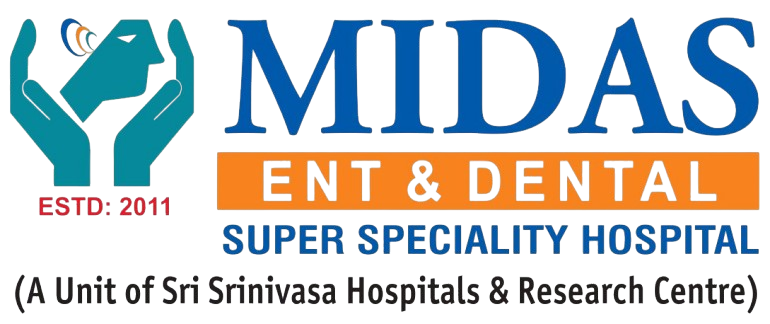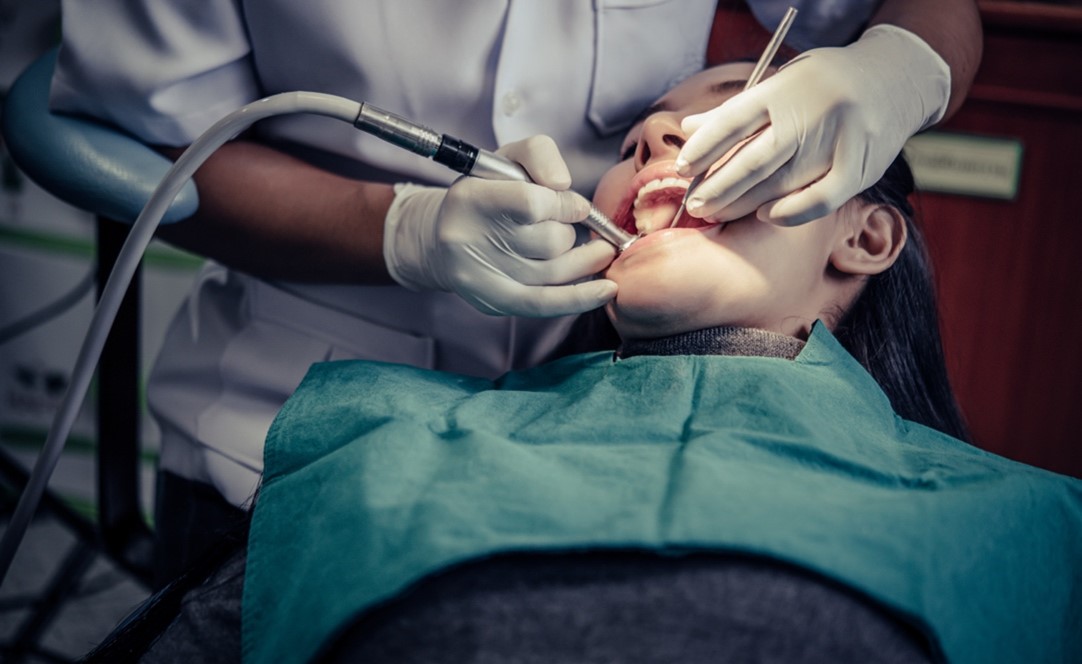Wisdom teeth, or third molars, are the last to emerge, usually in your late teens or early twenties. Sometimes, they grow in properly aligned, but often, they are misaligned or impacted, leading to the need for extraction. Wisdom tooth extraction is a common dental procedure, yet it can seem daunting.
This blog aims to understand the process, explain why it is sometimes necessary, and provide practical tips for a smooth recovery, all in an easy-to-understand format.
Why Remove Wisdom Teeth?
Extraction is recommended when wisdom teeth:
- Cause pain or infection
- Are impacted or does not have room to grow
- Could potentially damage neighboring teeth
- Create oral hygiene challenges
The Extraction Procedure
- Consultation: dental exam and x-rays to assess the teeth
- Type of extraction: simple (for visible teeth) or surgical (for impacted teeth)
- Anesthesia: local anesthesia, sedation, or general anesthesia, based on the case
- Procedure: the dentist or oral surgeon removes the tooth and closes the wound with stitches, if necessary
Recovery and Aftercare
Post-extraction care is crucial for healing:
- Rest for the first 24 hours and limit activity for a few days
- Apply ice to the cheek to reduce swelling
- Eat soft foods and avoid hot beverages and straws
- Follow oral hygiene carefully, avoiding the extraction site
- Take prescribed pain relief and antibiotics, if needed
Potential Risks and Complications
- Infection or dry socket, where a blood clot fails to form in the tooth socket or dislodges
- Nerve damage, although rare
When to See a Doctor Post-Extraction
- Excessive bleeding or pain
- Signs of infection (fever, pus, swelling)
- Numbness beyond the first day
Myths vs. Facts
- Not everyone needs their wisdom teeth removed
- The best time for extraction is usually in your teens or early twenties
- Wisdom teeth do not necessarily crowd other teeth
Wisdom tooth extraction is a routine procedure that can prevent future dental problems. Understanding the process, following proper aftercare, and consulting with your dentist or oral surgeon can ensure a smooth and successful recovery.


